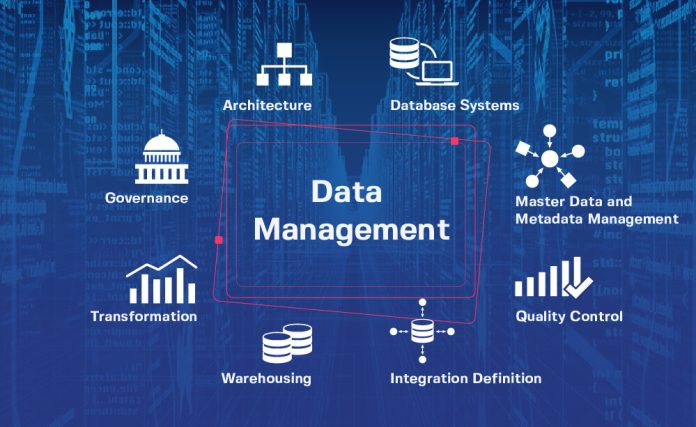Data management is an integral aspect of every successful organization. It ensures efficient storage, retrieval, protection, and use of a company’s data assets. Without proper datamanagement, businesses risk losing valuable information, making wrong decisions, and wasting time and resources. One key aspect of this is having a master datamanagement strategy. A master datamanagement strategy example is having a central customer database used across all departments and platforms. In this article, we’ll look at how you can seamlessly integrate and benefit from datamanagement in your organization. We’ll discuss the importance of datamanagement, the challenges you may face, and the steps you can take to overcome them.
1. Understand The Importance Of Data Management
The first step in seamlessly integrating and benefiting from datamanagement in your organization is to understand its importance. Datamanagement enables companies to collect, store, process, and analyze data from different sources and use it to make informed decisions. It also ensures the security and privacy of sensitive information while complying with regulatory requirements. With the increasing amount of data businesses generate, it’s becoming increasingly important to have an effective datamanagement system. With useful insights and decisions driven by data, organizations can gain an edge over their competitors, reduce costs, and improve their overall performance.
2. Identify The Challenges You May Face
Implementing a successful datamanagement system can be challenging. Some common challenges include:
Lack of resources: Implementing a data management system requires specialized skills, software, and hardware. Without proper resources allocated, it will be challenging to implement an integrated data management system effectively.
Data Silos: When different organizational departments use different systems to collect, process, and analyze data, it creates data silos. This makes it difficult to share information across departments and reduces the efficiency of decision-making processes.
Insufficient Data Governance: Without effective data governance policies, an organization may analyze or use inaccurate or incomplete data. Data governance policies ensure that the data used is high quality, accurate, and up-to-date.
3. Take Steps To Overcome These Challenges
Several steps can help you overcome the challenges you may face when implementing a datamanagement system:
Allocated resources: Allocate resources dedicated to data management efforts to avoid the issue of insufficient resources. This includes hiring or training data management experts and investing in the proper software, hardware, and infrastructure.
Integration of Data Silos: Implement a data integration system that can integrate data from different sources and make it easy to collaborate across departments.
Data Governance: Establish data governance policies and procedures to ensure the accuracy and completeness of the data. Ensure there is transparency in data usage and access, and implement guidelines to ensure data quality.
4. Leverage Data Management Tools
Several data management tools can help you manage the data effectively. Here are some of the best tools:
Data Warehouse: A central repository for storing structured and unstructured data.
Data Analytics: Tools that help analyze data, build reports, and visualize the data for better decision-making.
Master Data Management: Tools that manage and coordinate critical data within an organization to improve data accuracy and consistency.
5. Ensure Data Security And Compliance
Finally, ensuring security and compliance is important when implementing a data management system. The following are some actions you can take to ensure this:
- Use data encryption to safeguard the data.
- Implement the necessary security protocols to restrict data access.
- Ensure the policies developed for data governance and management comply with regulatory requirements.
Final Thoughts
Data management is crucial in the digital age, and organizations cannot overlook it. With the ever-increasing amount of data generated, companies must invest in datamanagement to ensure they use it effectively. By understanding the importance of datamanagement and the challenges you may face, you’ll be better able to take steps to overcome them. It’s a critical process that ensures businesses maximize data usage, make informed decisions, and improve their overall performance.













